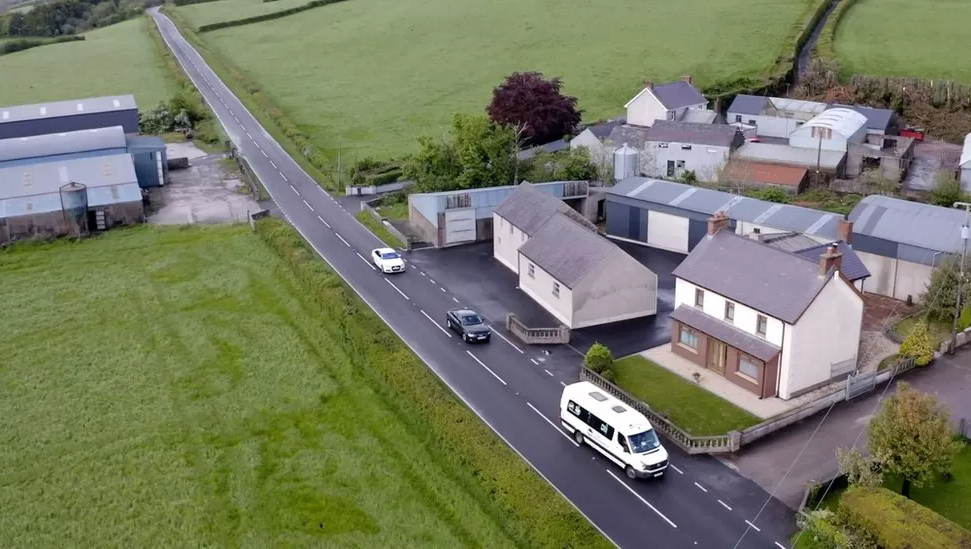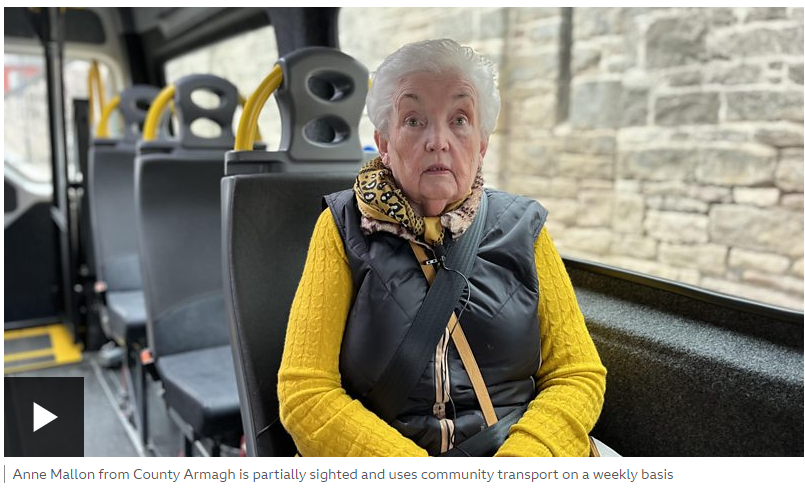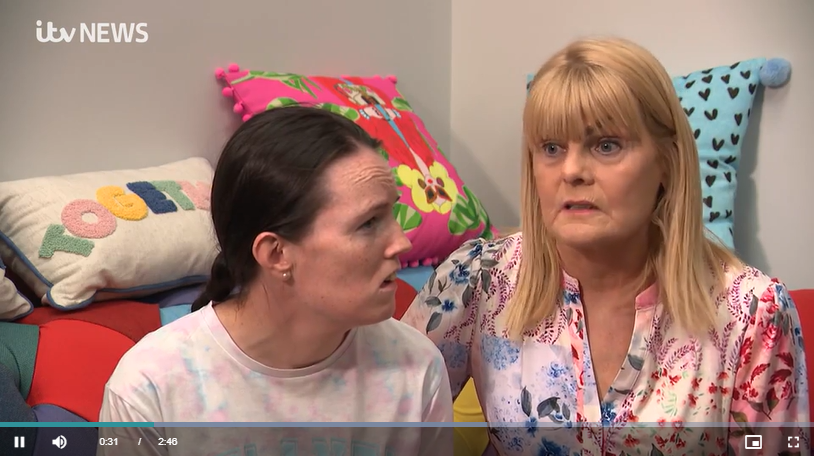-

CTA Relieved Yet Concerned Following DfI’s Northern Ireland Funding Announcement
-
3rd July 2023
-
The CTA is relieved that the Department for Infrastructure(DfI) in Northern Ireland has confirmed funding for the remainder of the financial year. However, this funding will be reduced by 3.3% which will impact the number of journeys CT organisations can provide.
DfI has been facing an unprecedented and extremely challenging financial budget position for 2023/2024. As a result, there were significant concerns that community transport funding would be removed. In the past few months, Noeleen Lynch, CTA Director for Northern Ireland, has been leading the advocacy efforts alongside Rural Community Transport Partnerships (RCTP) to protect funding for the sector. The campaign expressed grave concern of the potential impact of funding withdrawal, including the irreversible damage to disabled and elderly people, along with the loss of jobs and livelihoods in rural communities.
We are pleased that these damages and severe impacts have been averted and that our members will continue to receive funding to deliver this important and valuable work. However, as the population ages, the demand for the Dial-a-Lift service is increasing and the Partnerships are unable to meet demand. Therefore, this cut in funding, however small, is deeply unsettling for the CTA and our members.
Community transport funding was cut by 36% in 2015 and it has remained at the same level, with no inflationary uplifts. The sector is dealing with its own financial challenges, including rising staffing costs, higher fuel costs, and ageing vehicle fleets with expensive vehicle servicing costs.
CTA will be writing to DFI’s Permanent Secretary, Dr Julie Harrison, underlining the need for increased, ring-fenced, multi-year funding for our members. Community transport is a vital lifeline for disabled and older people, ensuring that they retain their independence with less reliance on statutory services. Making sure people can attend their medical appointments and access health and social care activities means they are less reliant on more intensive interventions such as hospital stays and/or admittance to residential care.
Community transport is an efficient and cost-effective way to meet the needs of older and disabled people; to this end, community transport is a solution, not a burden. CTA will continue to make the case for community transport services to be fully funded in Northern Ireland in order to support the lives and livelihoods of our rural communities.
CONTACT INFORMATION
Community Transport Association
Noeleen Lynch noeleen@ctauk.org -
-
CTA’s Campaign Pays Off: Funding for Rural Community Transport in Northern Ireland Secured until June 2023
The Community Transport Association is delighted to announce that the Department for Infrastructure has extended funding for rural community transport until the end of June 2023. -
WATCH: ITV News report on the devastating effect of funding cuts
Families of vulnerable young people say that proposed cuts to community transport would be 'devastating.' Funding for community transport in Northern Ireland is set to come to an abrupt stop in a number of weeks, due to funding cuts amidst a £112 million budget shortfall at the Department for Infrastructure.

